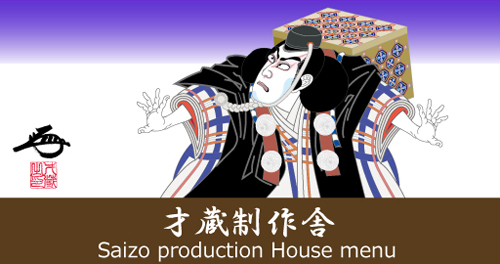KOTODAMA
Throughout ancient times, it has been said that Japanese characters possess a concept known as “kotodama.”
In Japanese writing, it is said that words have spiritual power, and there is a specific stroke order for Japanese characters. If you don’t write them accurately in the correct stroke order, you won’t obtain that spiritual power. The same characters expressed digitally with dots gathered together, or in printed materials or photographs, will not have the same effect. Furthermore, they need to be written using water-based ink (*01) and following the stroke order. . Although ink can be used instead, caution is necessary as some inks may contain alcohol.

Additionally, in Dragon script, there are no characters with a voiced consonant mark such as “ga” or “ba”. For example, “Saizo” becomes “Saiso”.
One point to note is that Dragon Script does not have a specific stroke order, but each character order is fixed, and has 48 characters in total. It is said that these sounds were selected by Amaterasu-ohmikami (*02). (Table 01)

(*01) Ink, Sumi is a writing material made primarily from soot (susu: fine particles of carbon resulting from incomplete combustion of organic matters), glue (nikawa: a substance made by boiling bones, skins, tendons, etc., of animals in water and drying them; its main component is gelatin), and fragrances.

(*02) Amaterasu-ohmikami is a deity that appears as the main god in Japanese mythology. It is interpreted as a goddess and is considered as ruling deity of Takamagahara (*03), as well as the ancestral deity (deity regarded as the ancestor of the emperor).
(*03) Takamagahara is a place appreared in the Japanese mythology written in the “Kojiki.” and is said to be the place where Amatsukami whose presiding diety was Amaterasu-ohmikami (collective term for the gods that descended from Takamagahara) are said to be reside..
